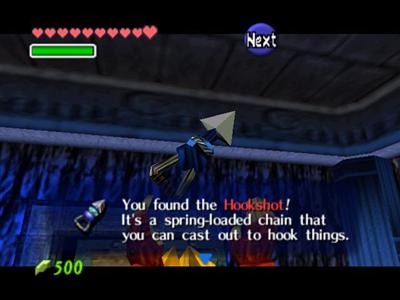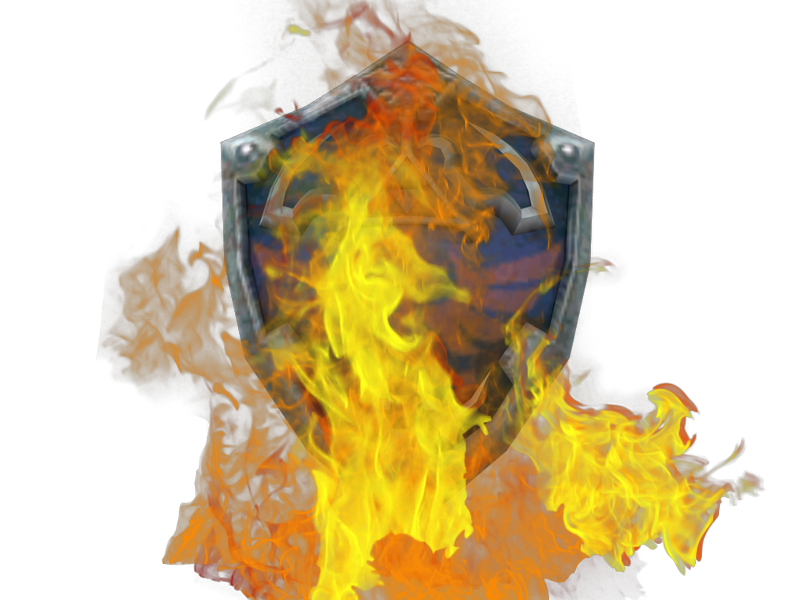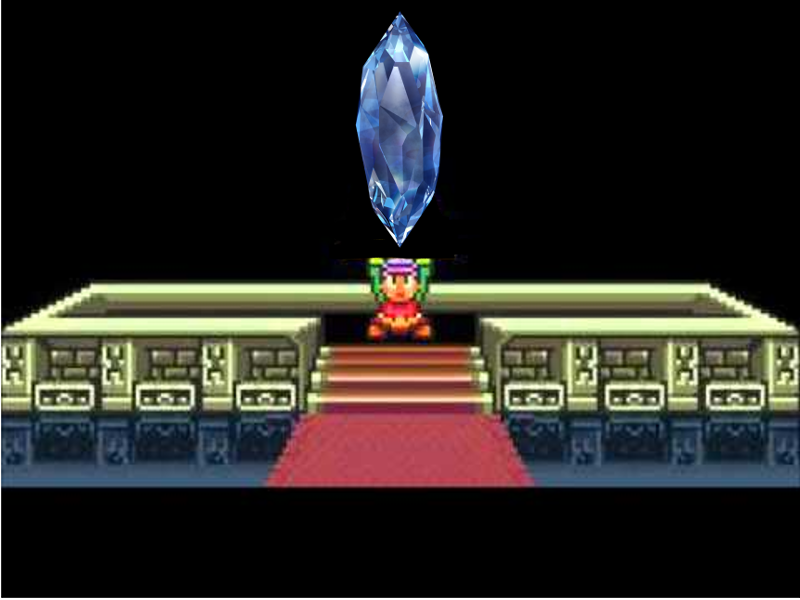RPG Elements in Zelda
Posted on December 20 2014 by Mark Olson
 For nearly as long as the Zelda franchise has existed, so has the debate as to whether or not any game in the series is an RPG. Though I would not go so far as to call any game in the Zelda series a straight-up Roleplaying Game, the incorporation of elements from the genre is an inarguable facet of Zelda’s structure, as well as its progression into the modern age of gaming. Now, let us wade through murky waters and look at the RPG elements that made it into the series and some that didn’t.
For nearly as long as the Zelda franchise has existed, so has the debate as to whether or not any game in the series is an RPG. Though I would not go so far as to call any game in the Zelda series a straight-up Roleplaying Game, the incorporation of elements from the genre is an inarguable facet of Zelda’s structure, as well as its progression into the modern age of gaming. Now, let us wade through murky waters and look at the RPG elements that made it into the series and some that didn’t.
DISCLAIMER: THIS IS AN EVALUATION ON THE IMPLEMENTATION OF RPG ELEMENTS IN ZELDA GAMES.
IT IS NOT A JUDGEMENT OF QUALITY OF ANY GAMES MENTIONED HEREIN.
The first game of the series, and all others since, have had one crucial similarity with RPGs: improving your character, or “leveling up”. In the now-classic JRPG’s that were popularized in the late ’80s, this was done by gaining the aptly named experience points from a foe after a fight. Zelda did this more subtly, though only just; the progression of player ability is still clear, it just isn’t expressed numerically. When a player gets a new item, they are flooded with ideas of what this will allow them to do. Much like how a character in Final Fantasy or Dragon Warrior will become more powerful with each new level, Link’s power grows in direct relation to the items he has gathered.

This simple fact has defined Zelda’s gameplay for nearly three decades, and gives the game a clear purpose and direction: get stuff. Become powerful. Kill things. It never goes much past that, however. This is in stark contrast to RPGs, which have some of the most well done and poignant storytelling and gaming (the good ones, at least). Zelda stories are, for the most part, variations on that same general formula. Link collects a couple of plot MacGuffins, and then when he has enough he can go and kill Ganon. For all the RPG elements that did make it into the modern day “Zelda Formula”, a focus on story is not one of them. The series’ stories are very basic and rarely go beyond “save the world (oh, and maybe rescue a princess while your at it?)”. Obviously, when the first Zelda game came out, this was the norm. However, ten years down the line, RPG’s and Zelda had both evolved, but the Zelda franchise’s stories had not.
Similarly, Link is a blank slate in Zelda games. Most RPG’s give the protagonist a face and a desire to move the plot along. The eponymous Crono has a defined personality and human, personal goals. Link in every single Zelda game has no personality traits beyond being brave and (in some games) a bit lazy. In this respect, Link is barely even a character. RPG’s like the aforementioned Chrono Trigger tell a complete story about the protagonist. Though the main character is gently nudged forward by the player’s progression through the game, it is the protagonist’s story. In the Zelda series, the story always feels as if it is a reason to throw the player into a dungeon. The hero exists to allow the player to get stuff, become powerful, and kill things. The story does not happen to the protagonist but, rather, the world and characters around them. Because Link very rarely has personal goals, we very rarely see his emotional reaction to things in the plot outside of a gasp or a face of slight discomfort.
One RPG element that Zelda HAS taken up is the structure of quests and the game world. Though not glaringly obvious, Hyrule (and surrounding areas) are generally constructed very similarly to an RPG’s overworld. There is one or more hub towns in which general goods can be purchased, sidequests can be found, and people can be talked to. Then, there are the dungeons (of which the name is also a standard RPG trope). In both Zelda and RPGs, these labyrinthian tests of strength and (occasionally) endurance are where the meat of the game lies. These are also where significant plot MacGuffins may be hiding. In A Link to the Past, the player goes through dungeons to get a pendant or one of the seven maidens. In Bravely Default and some Final Fantasy games, the player goes through dungeons as a means to awaken an elemental crystal. This hints at the general quest structure of the games.
Though the reasons for doing so may differ, the player in an RPG or Zelda game will often be tasked with a mission that can only be completed by venturing into a dungeon in search of a relic, person, etc. The general order goes something like this
1- Talk to someone
2- That specific someone tells you to go get something.
3- That same someone says that this particular something just so happens to be at the end of a long dungeon so dark that it makes Seven seem like a romantic comedy starring Jennifer Anniston. This dungeon also is infested with the spawn of Satan himself.
4- The player buys basic supplies in preparation for their journey
5- The player ventures out and, after a few minutes of walking, comes across the dungeon.
6- The player kills some things in the dungeon before running into a much bigger thing.
7- The player kills the much bigger thing and grabs the particular something mentioned in step 2.
8- Return to the specific someone mentioned in step 1.
9- Repeat.
Though this structure has evolved in RPGs, the idea is generally the same. The player is told to go accomplish something that can only be done at the end of a dungeon (or similar location). The ideas hold true, and the template is copied almost note for note in modern Zelda games.
This article was basically a long-winded method of giving both sides of the argument ammunition. Personally? I don’t think that it’s fair to call any game in The Legend of Zelda franchise (mayhaps excepting Zelda II) a roleplaying game. Though they share key assets, the differentiation is too great in too many regards. For me, the biggest line that is crossed by Zelda is that, though player progression is a large part of the game, the player never controls the way progression plays out. Yes, Link cultivates new skills, but these skills are part of a predetermined path. Roleplaying games are called Roleplaying games because the player is permitted to put something of their own into the characters beyond a name not to exceed twelve characters. With even the earliest of Final Fantasy job systems, the characters gained new skill-sets according to how the player chose to play the game. No matter how much you try, the first major ability that Link gains in A Link to the Past will be learning how to shoot the bow. Unlike my Bravely Default party, my Oblivion character, or even my Corvo, my Link does not reflect me.
What do you guys think? Is Zelda an RPG or is it not? Do you hate my guts for everything I said and want to use 20 seconds of your life that you’ll never get back to let me know? I’m curious as to what you have to say. Have at it.





